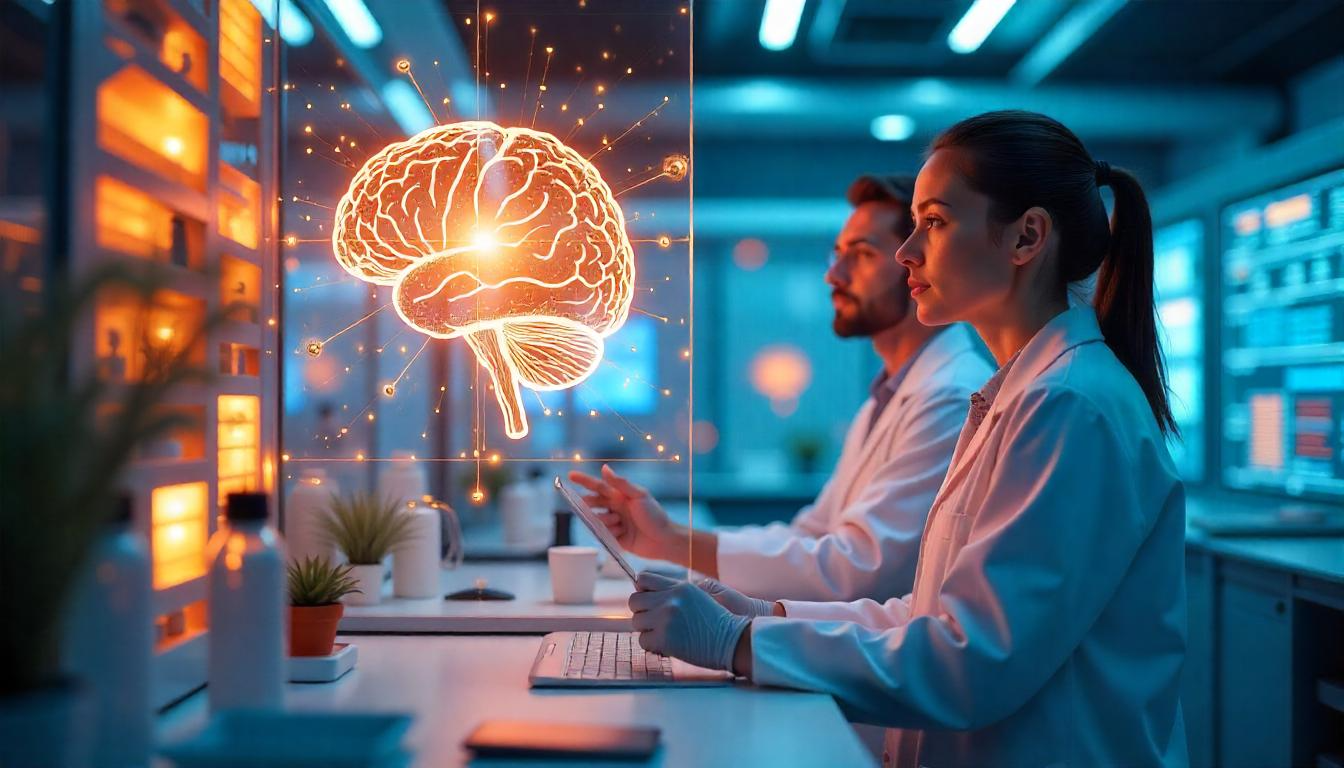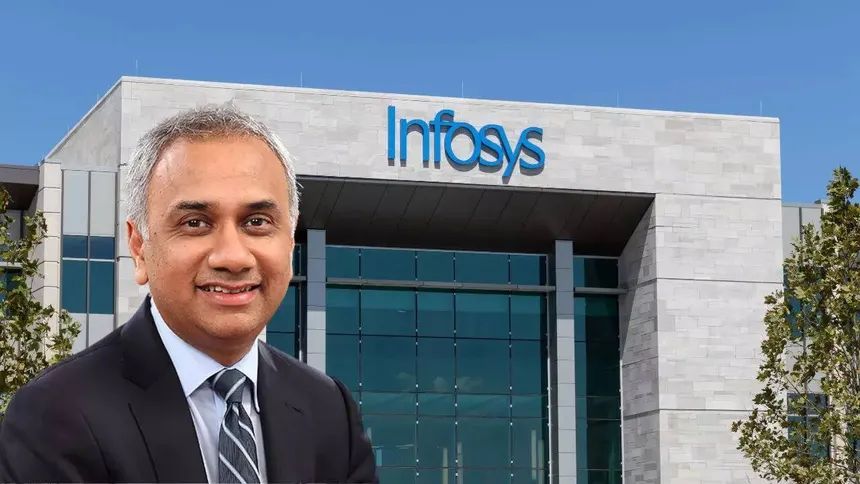Imagine if we could create life-saving medicines in a few months instead of spending 10+ years in labs. Sounds futuristic, right? Well, that future is already here—and it’s powered by Artificial Intelligence (AI). From predicting effective compounds to designing personalized treatments, AI in drug discovery is changing the way we fight diseases.
In this post, we’ll break down what AI in drug discovery really means, how it’s speeding up healthcare, real-world success stories, challenges ahead, and what the future holds. Let’s dive into this exciting journey—without all the confusing scientific jargon.
What Is AI in Drug Discovery?
At its core, AI in drug discovery is about using machines to help scientists find new medicines—faster and smarter. Traditional drug discovery is a long, expensive process. It involves years of lab work, trial and error, and billions of dollars.
AI flips that script.
Instead of manually testing one compound at a time, AI tools analyze millions of possibilities in hours. They use algorithms to predict which chemicals might work, how they’ll react in the body, and what side effects they might cause. It’s like having a super-smart lab assistant that never sleeps.
Focus keywords: AI in drug discovery, artificial intelligence in healthcare, machine learning in drug development
Why AI Is a Game-Changer in Healthcare
Let’s break down the major ways AI is transforming the world of medicine:
1. Faster Drug Development
Normally, creating a drug takes over a decade. But AI can scan huge datasets and identify potential drug candidates in weeks. In some cases, it even designs molecules from scratch.
Example: In 2025, Google DeepMind’s AlphaFold AI is helping researchers understand how proteins fold—key to designing new drugs.
2. Cost-Effective Drug Creation
Developing a single drug can cost over $2 billion. AI helps cut those costs by filtering out bad candidates early in the process. This saves money on unnecessary lab experiments and failed clinical trials.
3. Personalized Medicine
AI doesn’t just create general medicines—it’s also paving the way for personalized treatment. By analyzing your genetics, medical history, and lifestyle, AI can suggest drugs that work best for you with fewer side effects.
4. Solutions for Rare Diseases
Rare diseases affect small populations and are often ignored by big pharma. AI makes it cheaper to research these conditions, helping scientists discover treatments that were previously unprofitable to develop.
Secondary keywords: cost-effective drug development, personalized medicine AI, AI for rare diseases
Real-Life Success Stories of AI in Drug Discovery
AI isn’t just hype—it’s already delivering real results.
✅ Google DeepMind’s Breakthrough
DeepMind’s AlphaFold2 predicts how proteins fold, a major milestone in understanding diseases at the molecular level. This discovery is helping scientists develop drugs that target diseases more precisely, including cancers and genetic disorders.
✅ Moderna’s COVID-19 Vaccine
Moderna used AI to analyze the COVID-19 virus and design its vaccine in record time. What used to take years was done in under 12 months, with the help of AI-driven simulations.
✅ Insilico Medicine
This startup used AI to identify a new drug candidate for idiopathic pulmonary fibrosis (a rare lung disease) in just 18 months. Traditional methods would have taken up to 5 years.
✅ New Antibiotics by AI
In 2020, researchers at MIT used AI to discover Halicin, a new antibiotic that kills bacteria resistant to current drugs. In 2025, more AI-designed antibiotics are entering trials to fight global antibiotic resistance.
Long-tail keywords: AI in COVID-19 vaccine development, AI-designed antibiotics, DeepMind AlphaFold AI
Challenges and Concerns
As powerful as AI is, it’s not perfect. Here are some roadblocks:
🔐 1. Data Privacy
AI relies on patient data to make predictions. That means strong privacy laws (like GDPR) and cybersecurity measures are essential to keep health data safe.
📋 2. Regulatory Approval
The FDA and other global regulators are still adapting to AI-made drugs. Approving something designed by an algorithm isn’t the same as traditional drug review. The process must be transparent and safe.
⚖️ 3. Bias in Data
AI systems are only as good as the data they’re trained on. If the data is biased—say, focused mostly on men or one ethnic group—the drugs may not work well for everyone.
💰 4. Will AI Really Lower Prices?
AI helps pharma companies save money, but will patients actually see lower prices? That’s a major question governments and health advocates are now debating.
Related keywords: AI healthcare ethics, FDA approval of AI drugs, AI data bias in medicine
The Future of AI in Drug Discovery
The road ahead is thrilling. Here’s what we can expect by 2030:
🧠 AI + Quantum Computing
Quantum computing can solve ultra-complex problems in seconds. Combined with AI, this tech will revolutionize how we simulate and test drug molecules.
🌍 Global Collaboration
AI platforms allow researchers across countries to collaborate in real-time. This global teamwork accelerates discoveries and makes new treatments more inclusive.
🧬 Cures for Rare and Genetic Diseases
AI is making it possible to design treatments for “orphan diseases” and tailor therapies based on a patient’s unique genes.
🧪 Smarter Clinical Trials
AI helps recruit better test subjects, monitors trial data in real-time, and predicts outcomes. This shortens the timeline and increases success rates.
Future keywords: quantum computing in pharma, AI in clinical trials, global AI research collaboration, personalized genomics AI
How You Can Stay Updated
Want to follow the latest in AI and healthcare? Here’s how:
- Follow institutions like Google DeepMind, Moderna, or MIT.
- Read journals like Nature, Science, or The Lancet.
- Subscribe to healthcare newsletters or AI-focused YouTube channels.
- Join forums like Reddit’s r/Futurology or LinkedIn AI communities.
Final Thoughts
AI in drug discovery isn’t science fiction anymore. It’s happening now—and changing lives already. From faster vaccine development to personalized cancer treatments, the possibilities are endless. While there are hurdles like data privacy and cost concerns, the benefits far outweigh the risks.
The future of medicine is intelligent, personalized, and more hopeful than ever—thanks to AI.
What Do You Think?
Are you excited about AI designing your next medicine? Do you think it will help reduce healthcare costs? Share your thoughts in the comments below! And if you love learning about how tech is changing the world, don’t forget to check out our other posts on AI in healthcare








